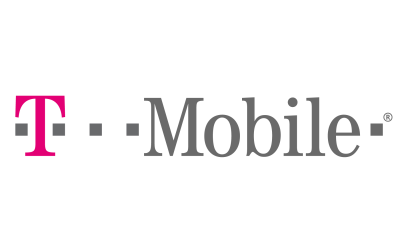 Much of the talk in the wireless industry lately has been about Sprint possibly acquiring T-Mobile. Sprint’s parent company, Softbank has been in talks with T-Mobile’s parent company Deutssche Telekom have been in discussions over the last year.
Much of the talk in the wireless industry lately has been about Sprint possibly acquiring T-Mobile. Sprint’s parent company, Softbank has been in talks with T-Mobile’s parent company Deutssche Telekom have been in discussions over the last year.
Three years ago the nation’s second largest wireless carrier AT&T had also tried to buy T-Mobile but that merger ultimately failed. During that time though, T-Mobile operated itself as if it was a target of a major acquisition, sliding in most of their metrics, and hurting their reputation as the leader in customer service.
This time around was going to be different. T-Mobile’s new CEO John Legere, dove into the company and breathed new life into the nation’s fourth largest carrier. Legere began to implement his “uncarrier” program designed to get more customers to come to T-Mobile, and at the same time to get the other carriers to think differently about things like early termination fees and contracts. He was successful with both.
Now multiple sources, including the Wall Street Journal and the New York Times, are reporting that a deal is in place for Softbank to acquire a majority stake in T-Mobile in a deal valued at $32 billion dollars. The Wall Street Journal reports that Deutsche Telekom will retain a 15-20% stake in T-Mobile once the deal is done.
Sources say it will continue to be business as usual at T-Mobile until a deal is finalized. Legere and company plan to continue to grow their user base and disrupt the wireless industry.
Back in April it was reported that if the two companies merged, Legere would replace current CEO Dan Hesse as the CEO of the combined company.
A merger between Sprint and T-Mobile will be scrutinized heavily by federal regulators but if approved it will make a much larger, more competitive third wireless company in the US which many feel would be better for consumers. In an interview with Bloomberg last month Hesse said that most of EBITDA and 100% of the free cash flow in the wireless industry comes from two companies, AT&T and Verizon and not four. “I think a stronger number 3 would be better for consumers.” he added.
Right now customers of both companies need not worry about a thing, the regulatory process could take the better part of a year to eighteen months.

